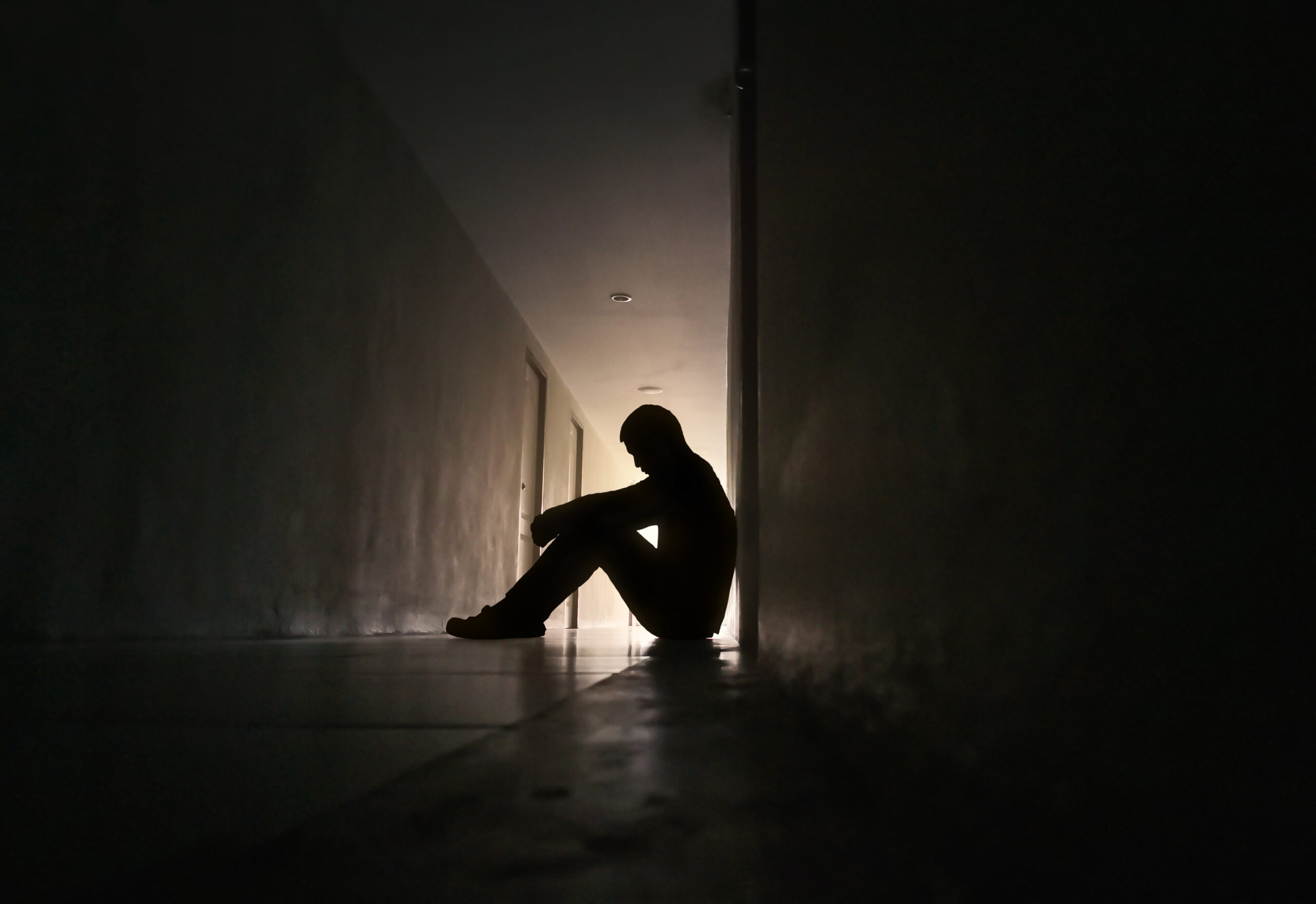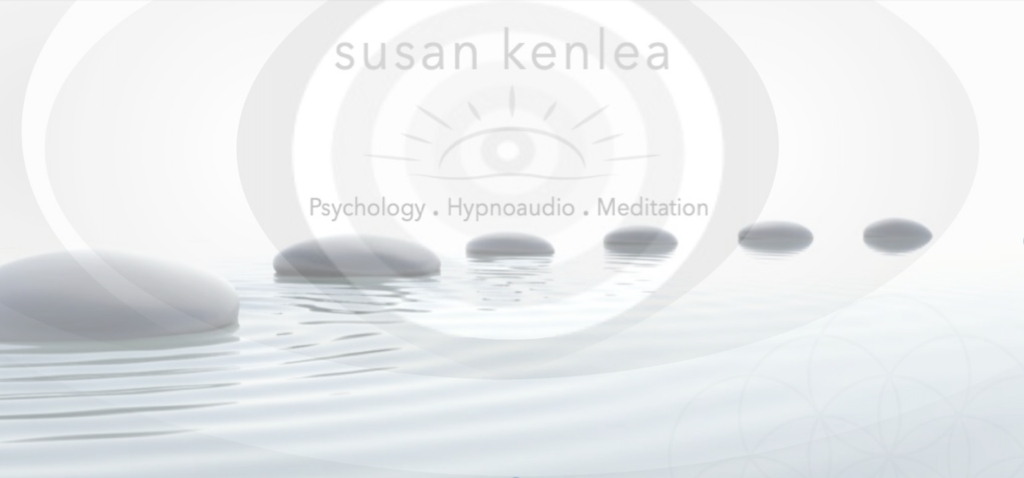
Below is a selection of thoughts, drabbles, essays and poems that I have written down over the years, or thoughts which have created such a mind-worm that they just have to be written down. They document my journey – the dark and the light, the despair and the hope, and all the highs and lows of mental health that I, and so many others, experience every day. I am sharing them partly for myself – because sometimes words demand to be let out into the world to breathe a little – but also in the hope that they might help any others who happen to find them and read them.
Podcast Interview
I was recently interviewed for the Tranquil Awakenings Podcast by the wonderful Debbie Ison. In this interview, I talk about some of the things I have been through and the ways that I have managed to remain hopeful and optimistic, even in the darkest times. I discuss the things I have now learned, compared to when I was newly graduated in psychology back in 2000 – some of the methods and theories I have questioned over the years and no longer subscribe to, and how I help people differently these days compared to back then. I also describe the concept of the ‘reality tunnel’ – and how changing the lens through which you look at life can bring you luck, positivity and a brighter future. Enjoy!
Link to Apple Podcasts: click here
Link to Spotify Podcasts: click here
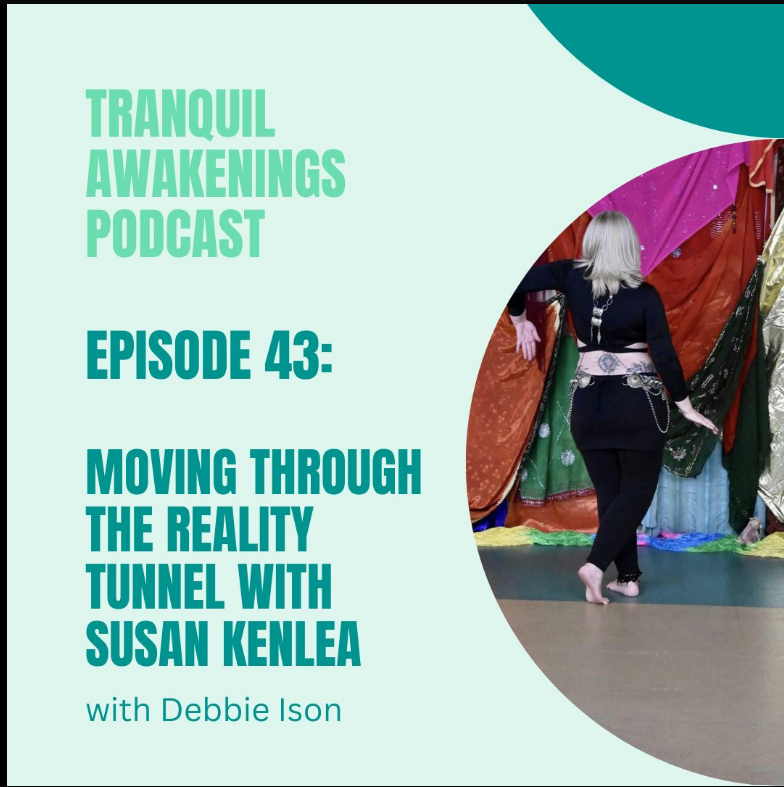
Embracing your passions
When I was a child, my mother never stood up to my father. His word was final and he very much ruled the house. I can only remember her going against his wishes once, and that was her insistence that I should go to dance classes. My father thought that dance classes were a waste of time, and he was also not happy about the fact that when my mother and I were there, there was no one at home with him. He was not a man who needed a lot of company, so I can only assume he was unhappy that no one was there tending to his needs – or perhaps that he was not the most important person in the world to us both for those couple of hours every Saturday morning.
My mother, on the other hand, was a fantastic dancer (and singer). Had she not married my father, she could have definitely had a career on the stage – and, in fact, once they split up she became very involved in amateur dramatics and continued singing and dancing right up until she passed, over 30 years later. Her mother, my grand-mother, was a competition ballroom dancer in the 1930s and 40s. And my great-grandmother was a professional dancer in the early 1900s, on the stage in the London music halls. So dance is very much in the blood of my mother’s family. Looking back, trapped in an unhappy and loveless marriage as she was, those Saturday morning dance classes must have been as much an escape for her as they were for me.
So, from the age of 2 right up until my career meant it was no longer possible in my mid-20s, I danced every week – several different styles. It is not an exaggeration to say that I could dance before I could walk. My neural pathways formed around recognising the rhythms in music. My body formed around moving to the beat. And I believe that my emotions formed with dance as a regular mechanism both for stress relief and as a way to get a hit of happy-making neuro-chemicals such as endorphins, serotonin and dopamine. Dance was the greatest gift my mother ever gave me. In the darkest times of a traumatising childhood, retreating into my mind to think about dance was one of the only ways I could escape what was going on around me and find some solace.
My father finally accepted that I was a dancer. Once he realised that my mother would not be backing down on her decision to take me to classes, he even came along and photographed some of our shows. However, he never stopped making it clear that he did not approve of my dancing. He told me time and again that it was a waste of my time, that I should be doing something more intellectual, that it was a pointless pastime. That constant stream of negativity burrowed deep into my mind, so that even now I sometimes feel guilty about the time I spend dancing – even now I still question whether I should be doing something more ‘meaningful’ with my time. I hid my dancing from my friends and work colleagues and downplayed its importance in my life if people questioned me about it.
After I was seriously ill – bed-bound for 3 years and house-bound for 5 – dance was once again my saviour. It got me out of bed, moving again. It gave me something to focus on at a time that I had lost everything. It helped me lose weight, get fit, it gave me back some of the body I’d had before my illness struck. It also helped my mind. I believe it was one of the main factors that got me off of much of the cocktail of pain-killers, anti-anxiety and anti-depression medications I’d been put on during the worst of my illness. Dance gave me something to look forward to, something to work towards, something to feel proud of again. I started belly dancing and eventually become a qualified teacher. I now run my own class. My latest passion is sword dancing. I cannot ever see a time in my life when I will not be dancing in one form or another.
Lately I have been actively challenging all of the negative self-talk I still hear in my mind about my dancing. As with all messages which are repeated again and again throughout childhood, the belief that I should hide my dancing from others for fear of being mocked runs very deep. So does the belief that dancing is something to feel guilty about. In an effort to counter this, I have recently moved all the instruction videos created for my troupe over to You Tube, along with several of my own and their performances. I am putting my videos out there, free for everybody, for people who do not have a local class, or cannot afford classes – so that they can have a resource which allows them to experience all the benefits that dance can bring. I refuse to be ashamed any more. Dance has given me so much, and it continues to be one of the best things in my life.
I am so excited to share my videos with anyone might want to experience the benefits of dance for themselves. My troupe’s channel is www.youtube.com/@lincolnbellydance.
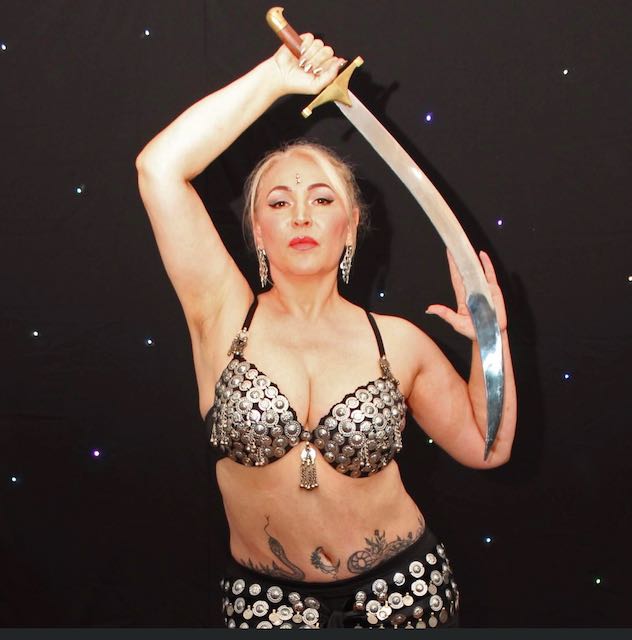
Authentic Spirituality
I have had a lifelong journey when it comes to my spirituality. I have always had an in-built sense of morals and ethics, of wanting to be kind, help others and do the ‘right thing’, which certainly wasn’t learned from my parents. When I was going through my awful, abusive and isolated childhood, I always had a little voice within that told me that things were going to be OK – that I was strong, that I could survive this, and that everything was happening for a greater purpose. One of my earliest pieces of writing was a letter I wrote to myself when I was eleven, which seemed to come from a very wise and detached part of me, telling me essentially to hang on in there. Considering my psychological state back then, it is not an exaggeration to say that without this inner voice, I probably wouldn’t have survived my childhood – it’s likely I wouldn’t even be here.
Unfortunately, I lost that letter some years ago during the tumultuous events of 2018. Still, I remember reading it when I was in my forties and realising that, in many ways, I was wiser at eleven than as a fully formed adult. I have always attributed this part of me as being my soul – a part of me that is ancient and wise and has been with me through many lifetimes.
Over the years, I have done a lot of research into the scientific evidence that there might be something more to life than that which we can see. I have a diploma in parapsychology. I have studied every major religion and many of the more obscure ones too. Although I have never found a religion that completely ‘fit’ – put off by the corruption and thirst for power that characterise the major religions in our world, along with their view of women – I have found in each of them some ideas which do resonate with me, some lessons I could take forward into my life, some new ways of thinking that I could incorporate into my continually-developing spiritual side.
I have found a great peace in spiritual places, such as old churches; even when I don’t fully subscribe to what is being preached in them. Places where the very walls seem to be soaked with the charitable thoughts and prayers of the everyday people that attended those places – intentions sent out into the universe for healing, peace and love.
I have also studied the belief systems of our ancient ancestors. It has become clear to me that many techniques that we consider ‘modern’ have actually been known to us for tens of thousands of years and probably much longer – ancient humans were using drums, song and dance to put themselves into trance-like states to induce healing for as long as the archaeological record goes back. It has even been found that other species of humans, such as Neanderthals, created musical instruments, such as flutes, out of bones. We can assume, then, that as they appreciated music, they almost certainly also used drums for spiritual purposes.
Large structures were created by our ancestors, either underground or by using huge standing stones, which resonated with sound, changing the brainwave patterns of anyone in those structures and putting them into a deep trance-like state. Cave paintings outline how ancient humans respected and felt part of the world around them – taking on the spirit of animals to help them in battle or when hunting and creating intricate calendars which showed a knowledge of the movements of the Earth, sun and moon, which has only recently been matched by modern science. There is evidence of ‘religious’ ceremonies, particularly around death, ancestors and nature, going back as far into the past as we are able to see. In fact, we only know so much about our ancient ancestors exactly because they honoured their dead and buried them so carefully. Through studying all of this, I have come to believe that our ancient ancestors have much to teach us about spirituality.
This belief led me to attend many ‘spiritual’ events, workshops and groups. I studied reiki and shamanics and went for readings with psychics and mediums. I approached these with an entirely open mind, but always with my scientific and rational head on too. I analysed everything that I learned and found within it some beautiful ways of working that I have incorporated into my own work – using a drum to help people get into trance, for instance, or using some of the beautiful imagery present in shamanic practices as a way to help people use the power of their own imagination to heal themselves. However, much to my disappointment, I also found that many of the ‘spiritual leaders’ and the people that followed them were as corrupt and interested in power as those people in the more traditional religions.
One person who ran a local spiritual group, who preached to everyone about not giving in to ego, told me that their first incarnation in this world was as the Queen of Sheba. Another person who was studying reiki to be a healer and preaching kindness and love for others – and who had told me that I was their long-lost soul sister from a distant planet before our solar system was created – was very quick to dump me in a callous and unkind way as soon as their friendship with me threatened their place in the hierarchy of the group. I came across someone who told me their back hurt from where their angel wings were wanting to erupt, yet they caused nothing but bad feelings and chaos wherever they went. I was told that I had a curse which had been put on me by the fictional character Rumplestiltskin, and when I expressed disbelief, I was told that I would continue to be cursed until I believed what I’d been told.
I went on workshops where people were put into trance for so long that, in my opinion, it was very unhealthy for the brain. I saw so many practices which I considered to be dangerous for people’s mental health. Practices which I believe could be considered systematic brainwashing. Yet, my opinion as someone with a degree in psychology who had been practising along approved medical guidelines for twenty years was seen as worthless in that world – where science is seen as anti-spiritual and rational analysis is seen as an attack on everything good. The further I looked, the more I came across a long list of people who were, at best, hypocrites and, at worst Machiavellian manipulators – people who most certainly didn’t behave the way they were preaching that everyone else should.
I was so disappointed. I had thought that I had ‘found my tribe’ to use the language of the ‘spiritual revolution’, but actually, all I found was that the people involved in leading this multi-billion dollar industry almost never practised what they preached. It’s such a shame as, just like with the major religions, I really liked a lot of what they preached.
And, I must say, too, in the midst of all the hypocrisy and power-seeking, I also found some genuinely good-hearted people who were just trying to spread love and light in the world. In my experience, these people were the ones who were not out there on social media, telling everyone how good they were or building little empires, surrounded by acolytes and looking very much from the outside like cult leaders. Instead, these were the people who were quietly doing good work, helping others and spending their lives trying to be the best possible version of themselves. These people inspired me, and I try to emulate them in my life now. For me, they represent how humans can elevate themselves when they tread a spiritual path.
There seems to be something in the human condition that craves something spiritual – something more than just being human. Yet, there is also the paradox that as soon as humans achieve some of that spirituality, their very human side compels them to corrupt it. I think it is a battle that all of us fight every day with ourselves. It is a hugely interesting topic and something which I plan to study in much further depth over the next couple of years.
As for me, my personal quest for authentic spirituality continues.
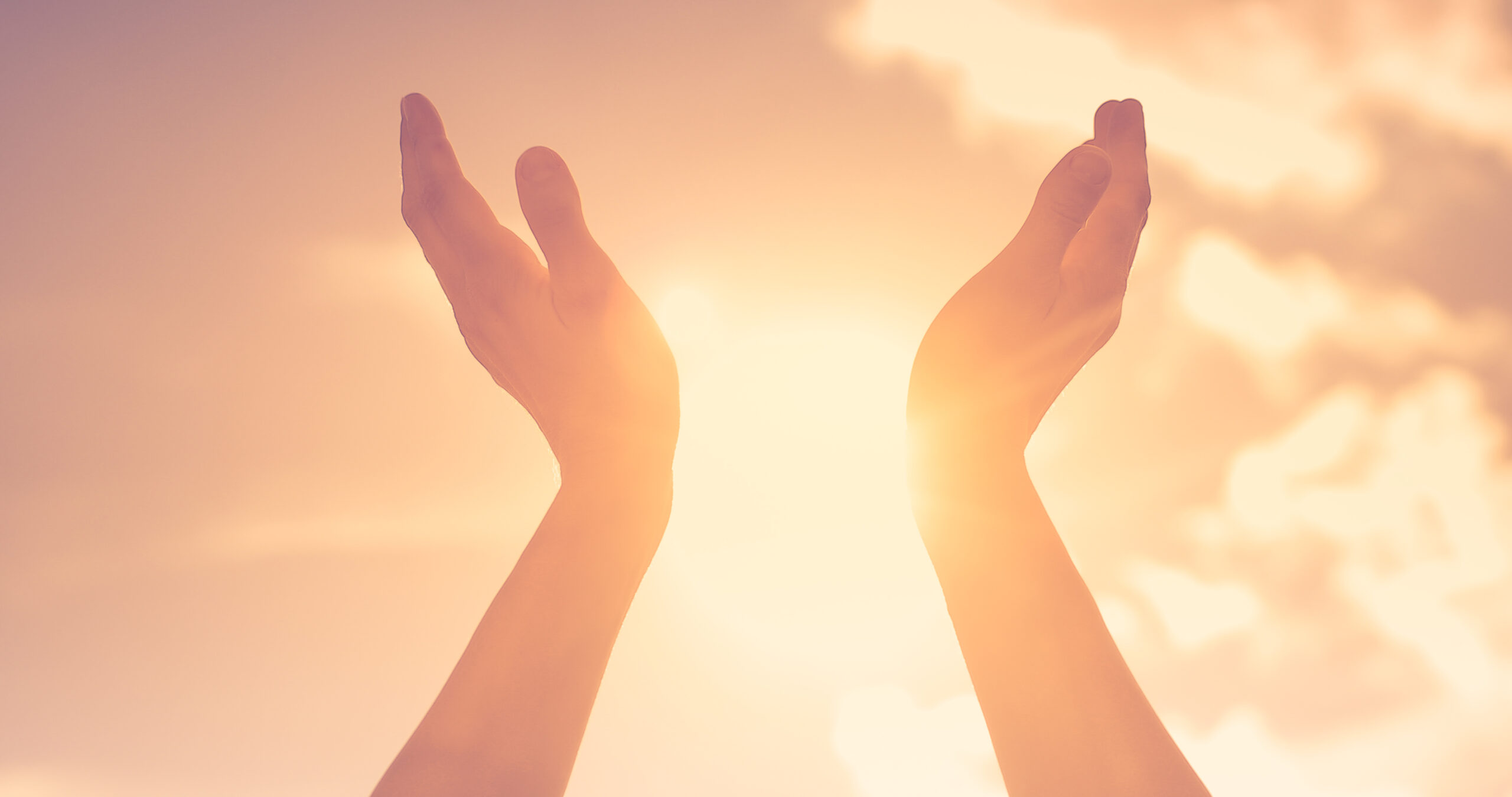
‘Hi Susan’
I recently found the ‘Hi Ren’ Youtube video from the artist Ren. It is currently going viral, and for good reason. It is an absolutely phenomenal song which describes the battle we all have with negative self-talk – the internal struggle we go through every day when we listen to those destructive messages. Ren describes how he was able to emerge triumphant when fighting against his. He characterises his negative thoughts and feelings as being like a literal demon, drawing on the familiar theme of having an angel on one shoulder and a demon on the other, both whispering into your ear. In this song, Ren chooses hope over despair. He chooses to rise, stand tall and fight rather than giving in to the destructive thoughts in his mind, which are constantly mocking him and trying to bring him down. He chooses to challenge what he characterises as the evil forces inside him which want him to fail. Instead, he faces that evil, he reasons with it, and he chooses to rise up in spite of it.
I don’t mind admitting that I was sobbing by the end of this song. It was like he was speaking directly to me, and the battle that he describes is one that I have been through so many times myself – one I still fight daily. The fact that he also struggles with autoimmune disease and has been bedridden with it for many years, exactly the same as me, made this song feel even more pertinent to me. There is a video he has released of him so full of anguish because he was so trapped by his illness – stating how he has tried to keep hope alive every time there was a glimmer of it, but that he was getting to the point where he didn’t know how many more times he could survive his hope being crushed. He states that this was the original inspiration for ‘Hi Ren’. My heart was absolutely breaking for him whilst watching this video, with both sympathy and empathy.
However, having watched several videos of people reacting to this song, it is clear that it speaks to all people on a universal level. Everyone has a daily battle with the negative voices within. Everyone has the choice of whether to give in and listen to those voices or whether to fight against them. We get to choose whether we allow those destructive thoughts to rob us of our potential or whether we take on the battle with ourselves and come out triumphant as the person we were always meant to be. Truly, those negative voices have the potential to rob our whole life away if we let them. We must be prepared to fight that battle with them every single day.
Paul Levy has used the phrase ‘wetiko’ to describe this negative voice that all humans have inside them. The part of us that seemingly wants to self-destruct. He proposes that “the best medicine… is to know who we are”. This is exactly the conclusion I have come to myself. I speak about it at length in my book and also in the training courses I have created to go with the book. When you know yourself, accept yourself regardless of all your flaws, and truly love yourself, then it becomes harder for the negative voices to break through. It is not a one-time thing – rather, as Ren points out in this song, it is a dance – a pendulum constantly swinging between the dark and the light – and as we keep dancing over time, it becomes easier and easier to steer away from the darkness.
This song has reminded me to stand tall and keep fighting, day after day. It touched me deeply and on a soul level. And so I wanted to share it here in the hope that it may help others too.
Ghost (Covid 19)
I am a ghost.
I rattle around hardly making a sound,
I barely feel like I’m attached to the ground anymore.
Same actions, same thoughts, all in the same way;
Repeating endlessly, day after day.
Trapped in this limbo.
Floating away.
I can remember when I used to care.
Love and laughter were in the air.
If I look in the mirror now, will I still be there?
Or will I have faded away?
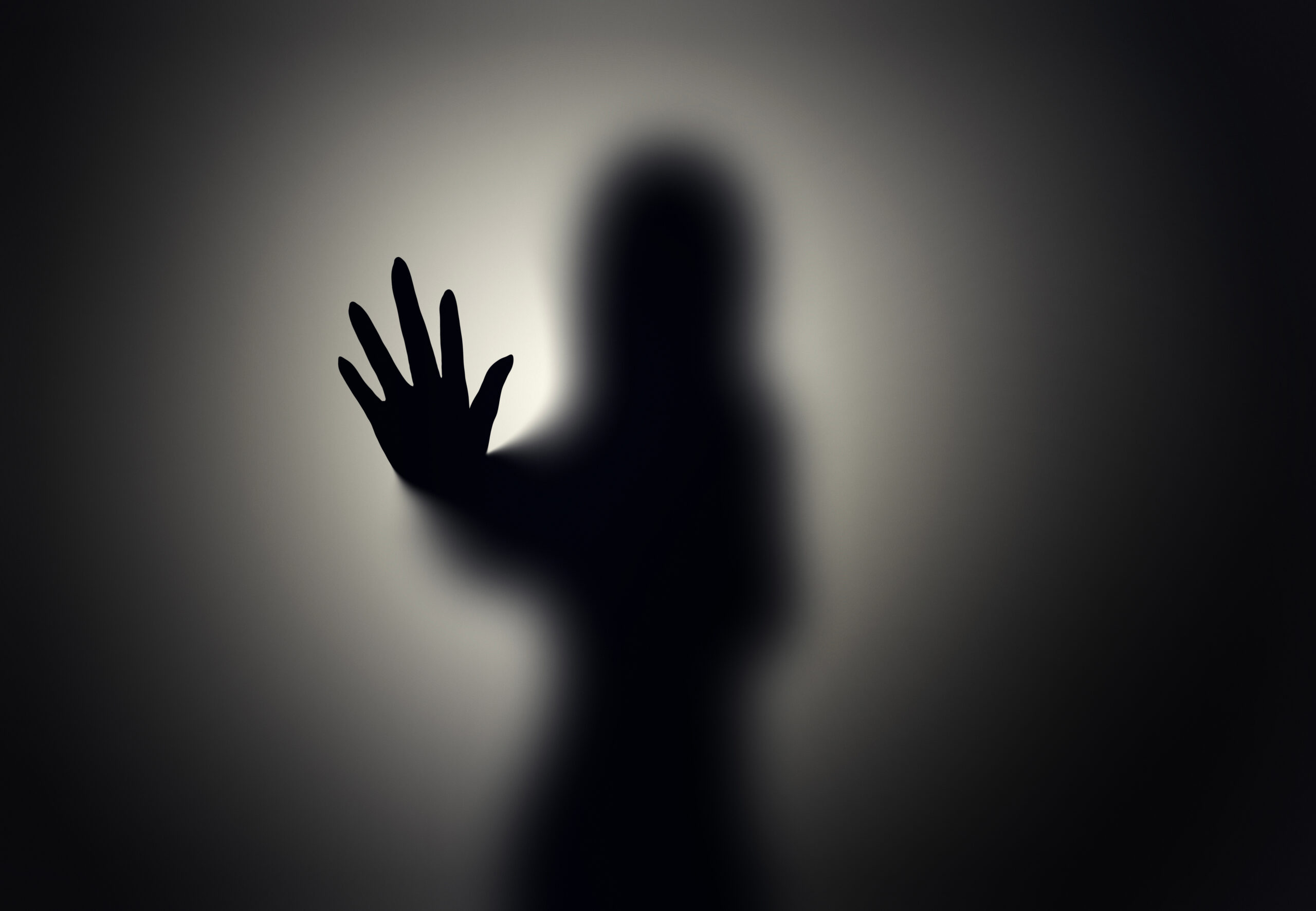
Food Addiction
As I have regained my mental health, my thoughts have turned to my physical health instead. It has taken me years to realise this – or perhaps to admit it – but I have a problem with food.
I become obsessed with certain tastes and textures – things which are sweet, things which are chewy, things which are crisp and then grind down into a paste in the mouth, anything which contains chocolate, anything which contains custard… The list goes on. I have a mainly vegan diet, and the only time I ever break it is when the voice in my head that tells me to eat unhealthy food takes over. Then, I eat cream and cheese and milk chocolate – things which are not vegan and that I would never normally eat when my normal healthy-eating head is in charge. The fact that this voice makes me go against my strongly-held ethics is an indication of just how strong it is.
Sometimes I eat such large quantities of food that my stomach literally feels like it is bursting – like the skin around it is tearing apart inside. And sometimes, even then, I don’t stop. I have become aware of how many of my remaining feelings of guilt and shame are tied to these destructive eating patterns, and I have realised that in order to be truly happy – and healthy, both physically and mentally – I need to tackle my eating habits urgently.
There are so many reasons that I eat, and it is almost never to give my body nutrition. I have listed the reasons below and am currently working on developing a system to help me break my destructive eating cycles. I am dedicating myself to making this my next big project.
– Sadness
– Happiness
– Feelings of overwhelm
– Boredom
– Celebration
– Commiseration
– Because ‘tomorrow I am going to diet, therefore today I can gorge myself for the last time’
– Nostalgia for people who gave me sweets and cakes as a child
– As a substitute for love
– Because I walked into a shop and saw the food in front of me
– As a reward
– As a punishment
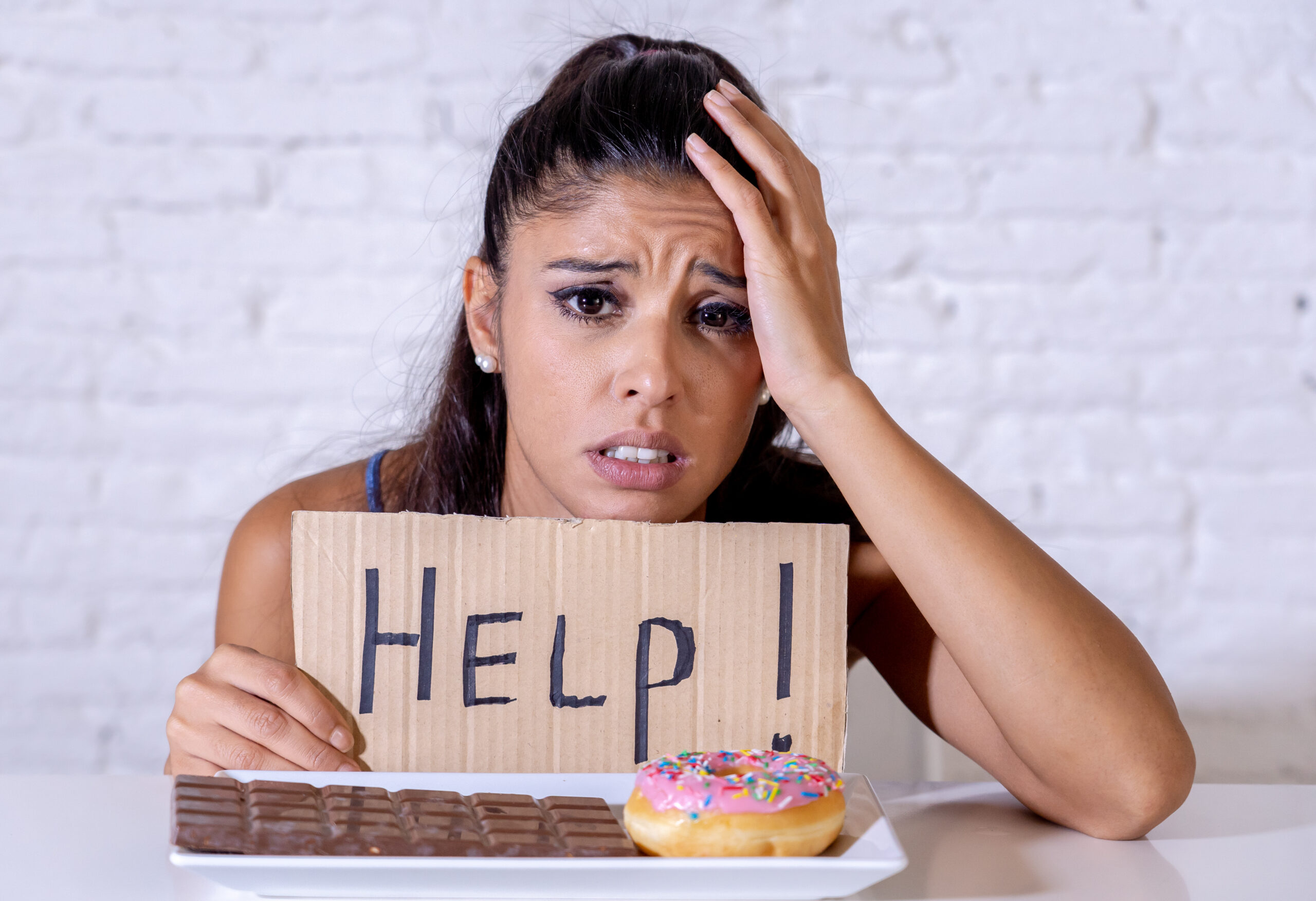
For You…
I will never see you again.
I will never hold you close nor see your face.
I will never hear your voice.
You are gone.
And deep inside is a you-shaped place.
What’s left of me?
How do I re-form myself around that space?
How can I fill the void;
The absence of that I can’t replace.
You are gone.
You are gone.
And I lay in the waste.
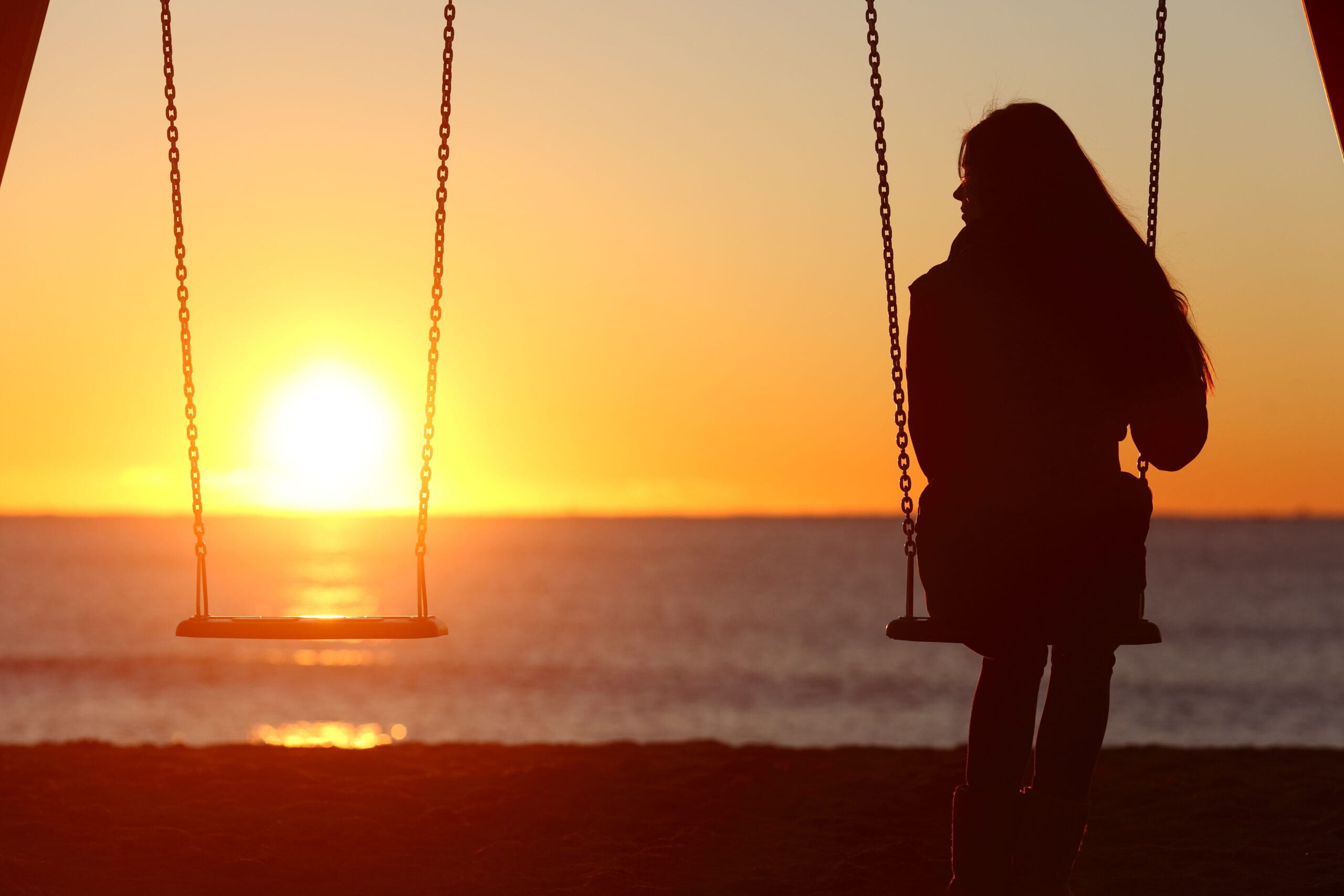
Mantra for Care of the Body
I honour my body and the life that flows within it.
I honour the physical, the mechanical, the flesh and blood;
I will nourish it.
I honour the energy, the eternal, the endless within me;
I will raise its vibration.
I honour the feminine, the soft, the sensual and the yielding;
I will nurture it.
I honour the masculine, the hard, the driving force, the relentless will;
I will strengthen it.
I honour myself.
I respect myself.
I will cradle myself;
I will care for myself;
…and I will set myself free from all the things that no longer serve me.
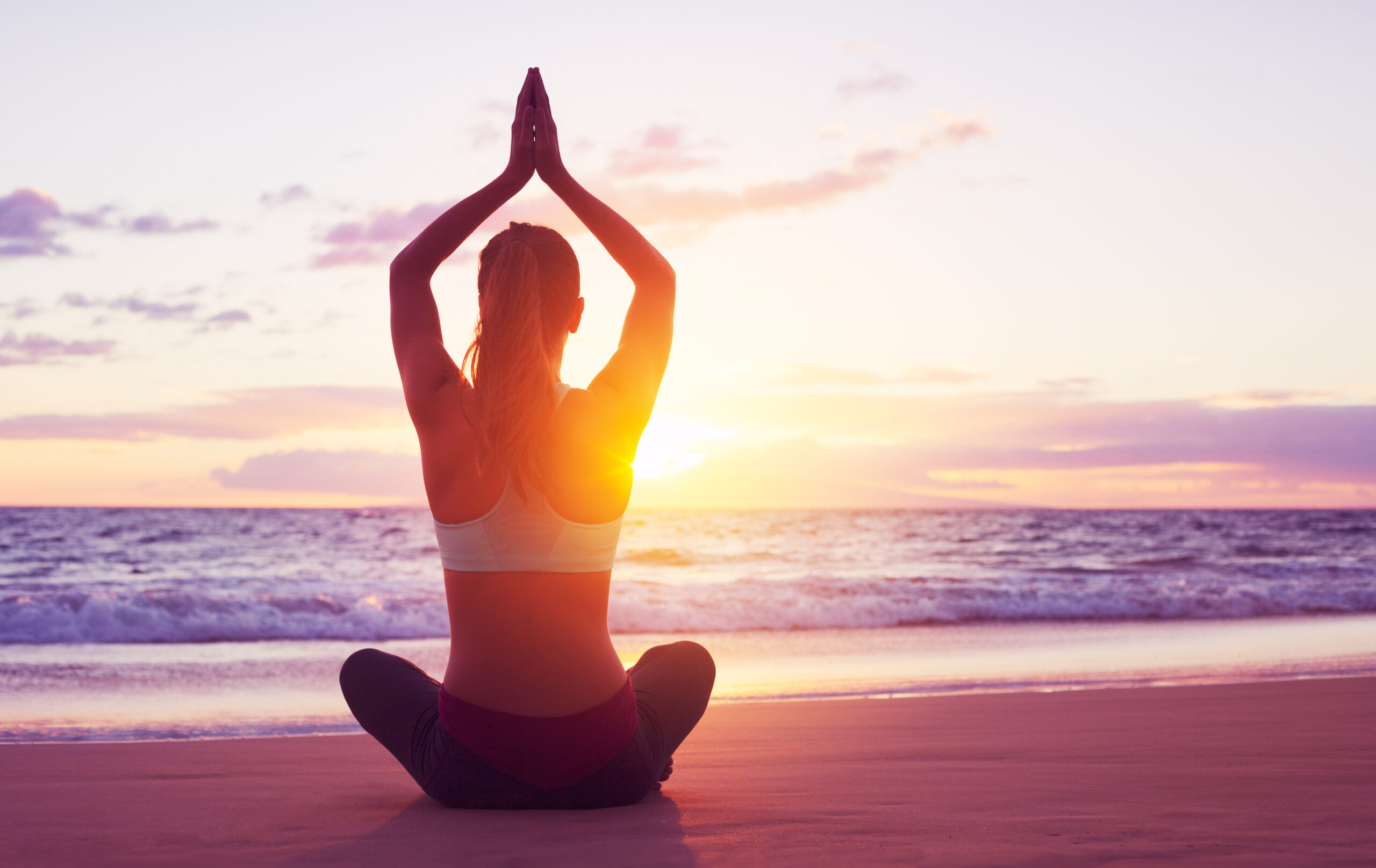
Dealing with the Shadow Self
There have been several schools of thought about how to deal with emotions which are so strong that they end up deeply affecting us, such as anger, sadness and grief.
One school of thought is that we should ‘let them out’. People are encouraged to let loose on punch bags to express their anger, submerge themselves in photographs and songs that remind them of what makes them sad or throw darts at pictures of people who have wronged them. The idea is that by expressing these feelings, by bringing them out into the light, they are somehow processed by the brain in a way that allows that person to move on with their lives, leaving those emotions behind.
Some people swear by this approach. However, there have also been criticisms of it. For instance, it has been pointed out that by expressing anger by, for example, using the punch bag, we are training the brain to associate feeling angry with the need to engage in aggressive behaviours to let it out, which may not be a healthy response in many situations. Similarly, it has been proven that by dwelling in the memories of things that have made us very sad or very anxious, we strengthen the neural pathways to those memories in the brain, making it even harder for us to let them go and causing us to re-live the trauma again and again unnecessarily.
On the other hand, many schools of thought encourage people to ‘rise above’ the emotions that they are feeling. For instance, instead of feeling angry at people who have hurt us, we are instead encouraged to send them love and forgiveness. Instead of feeling stressed or anxious, we are told to go inside instead and find our inner peace – our place of zen. To go through life not being affected by anything but instead showing some sort of enlightened thinking which allows us to operate at a higher level than those around us.
One of the criticisms of this approach is that it is just not realistic for human beings – inherently emotional by nature – to go through life unaffected by everything around them. We are simply not built that way. By setting such an unrealistic goal, people trying to operate this zen philosophy often feel like failures whenever they ‘slip up’ and lose their cool. Eventually, this could evolve into feelings of shame, as outlined in the previous chapter, leading to an emotionally unhealthy downward spiral, completely counter-productive to the original goal of improving mental health.
The other main criticism of ‘zen thinking’ is that it can lead to the repression of unwanted emotions. Instead of dealing with the emotions so the person experiencing them can move on to a healthier future, the emotions are shoved deep down and not resolved. This leads to the illusion of calm, but underneath, those emotions are bubbling away, just waiting to come out under pressure, probably at the worst possible moment –like an exploding volcano. Or, they can affect us more stealthily, influencing the subconscious mind to think and behave in maladaptive ways that the conscious mind isn’t even aware of.
The solution is to find a balance between these two schools. To acknowledge the emotions and really feel them – to bring them into the light so they can be acknowledged, understood, and analysed. But then to find ways to work with those emotions so that they are more under our control so that we can live peacefully even though we are still experiencing them.
The best way we can do this is to use our minds to help us reframe those emotions more healthily – using techniques such as CBT, NLP, imagery, hypnosis and redefining our reality tunnels. In this way, we make the emotions less overwhelming, less frightening and more manageable. They are still a part of us, still in the light where we can see them – where they can’t grow and evolve into twisted and dangerous things inside us. But they are at a safe enough distance that they no longer affect how we think, feel, behave and live our lives.
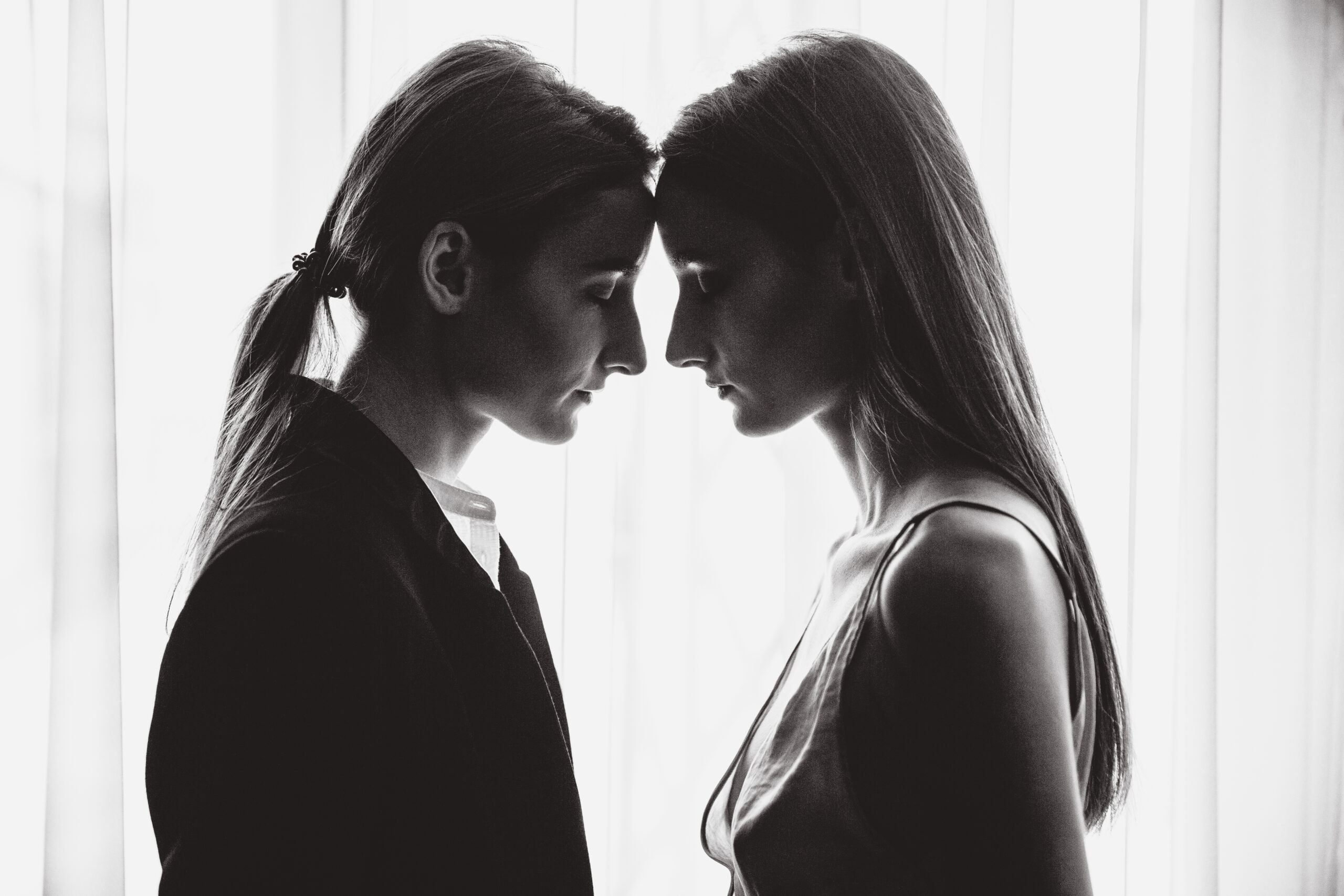
Children of the Cosmos
We started out our journey, escaping happily,
The universe was waiting, and we needed to be free.
We trekked the endless desert; we nearly lost our way,
We travelled high on moonbeams when the stars came out to play.
We climbed the crystal mountains, swam to the quiet shore,
Surrounded by life’s beauty, we needed to explore.
We travelled through vast caverns where there was no light,
And prayed to our gods for some kind of second sight.
We rode a supernova, as suns turned into dust,
We carved great towers of wisdom, as doubt turned into trust.
We gathered close together, united yet alone,
We children of the cosmos, looking for a home.
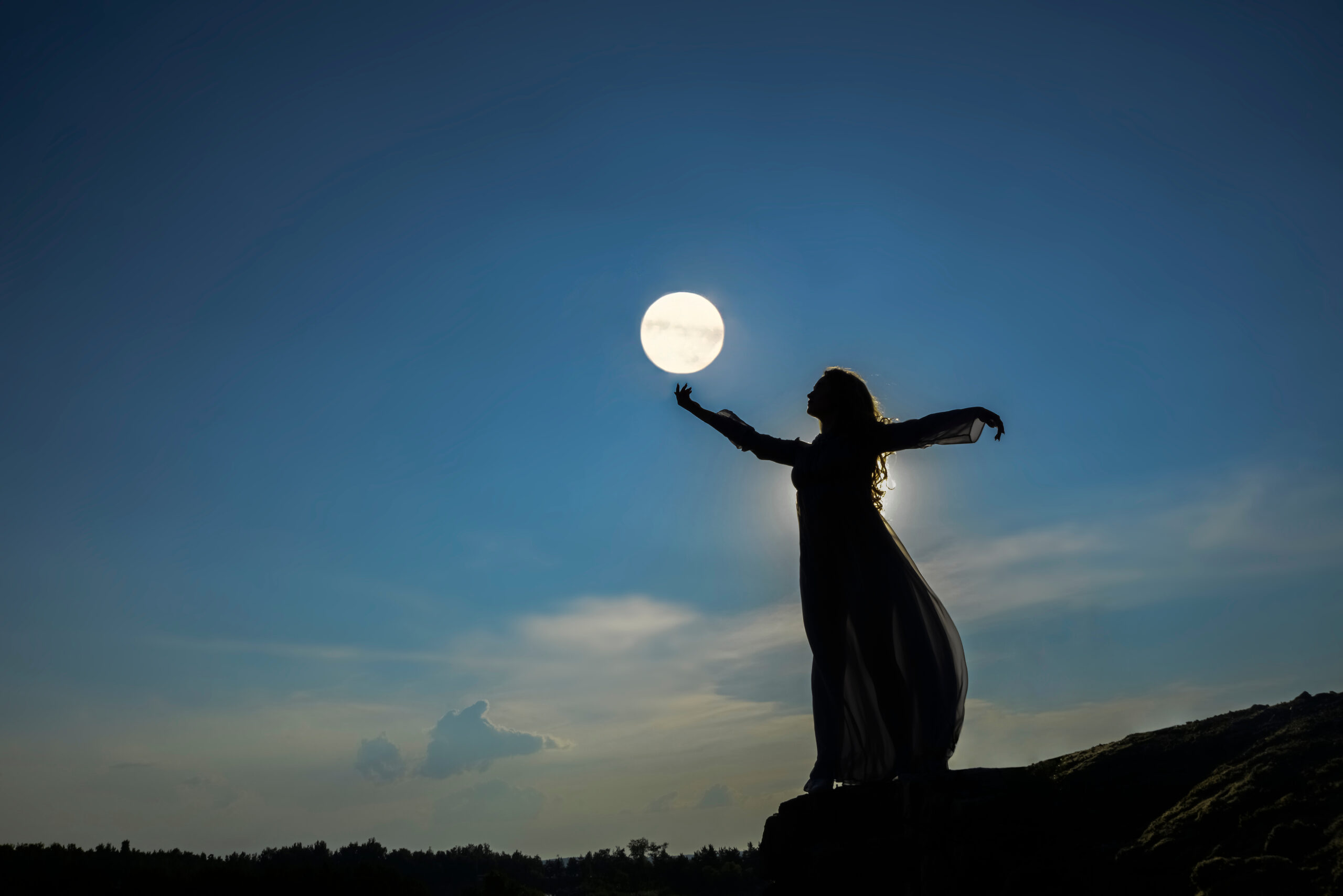
I was abused as a child
I was abused when I was a child. It has taken me decades to fully accept this. I was mentally, emotionally and physically abused. Even saying it now makes me feel panicky inside. Makes my heart beat fast while my breathing becomes shallow. It makes me want to close my eyes, block out the world, and withdraw into the safe space in my mind where nothing and no one can hurt me. Even thinking the words makes me descend into flight or fight mode, like some animal who feels like it is about to be attacked at any moment. So, it is no wonder that I couldn’t acknowledge this fact to myself for so long.
At a time when I should have been learning about who I was – what inspired me, what my talents were and what I wanted to do with my life – instead, I was learning how to survive abuse, how to adapt to the unpredictable and often evil people around me so that I was subjected to the least amount of punishment possible. Instead of having fun, learning new skills and dreaming about the future, I was learning how to placate the monsters around me.
At a time when I should have been learning all about the world around me and all it had to offer, instead, I was learning how to protect myself emotionally from a constant barrage of criticism and cruelty. How to detach myself emotionally from the world around me, so that they couldn’t hurt me anymore. How to hide in the shadows and protect my fragile and hopeful thoughts from the light so that they couldn’t be seen by those who would take glee in destroying them. So that those thoughts stayed mine and mine alone. So that I could retain even the tiniest bit of me inside.
My abusers gave me many skills – not deliberately of course, as they wouldn’t knowingly help me in any way. But by surviving my abusers, I learnt how to negotiate, adapt, read emotions, identify threats, and mould myself into whatever shape I needed to be. I became a chameleon. And in doing so, I lost myself. Or, perhaps it would be more accurate to say that I never found myself in the first place. It’s impossible to develop a stable sense of self when you are constantly changing to make yourself as small as possible, as inoffensive, as acceptable – hiding in plain sight so that today might be the day where you can find some peace, some escape from the constant onslaught.
So many people think that when survivors of childhood abuse go to counselling to resolve all the trauma they went through, they are somehow left transformed into the ‘normal’ person underneath. Nothing could be further from the truth. We never formed as anything ‘normal’ in the first place. Our brains, our thoughts, our beliefs and all that defines us were forged out of the maladaptive environment we found ourselves in, and when those are stripped from us, in many ways, we are left as small children – having to learn to navigate the world with no experience of what that world looks like to other people – having to find out what this new world looks like without viewing it through the lens of our abusive childhood.
For all the ways we have learnt to adapt and survive when it comes to dangerous and harmful people, we have learned nothing about how to relate to kind people, supportive people, people who want nothing more from us than to be in our company and make us happy. It’s impossible not to view ‘normal’ people without suspicion, not to overreact to perceived rejection or conflict, even though in reality it doesn’t exist. We fall into the neural pathways that we forged so strongly as children because they feel comfortable to us – and in a perverse way, safe. That is what feels ‘normal’ to us. That’s why so many abuse survivors find relationships with others so difficult, even when we find wonderful people who would never hurt us. It’s why we tend to retreat into our own heads so often. Why we are always looking for an escape route. Why we find it so hard to settle into our own skin.
What I have learned, is that abuse leaves scars that can never truly heal. We can dress the wounds, strengthen them, and surround them with healthy tissue. But there will always be places inside us that are more likely to tear under pressure, more like to re-open when we find ourselves in upsetting situations. More likely to be tender to the touch. Those scars will always be there to remind us that life isn’t always safe, people aren’t always as nice as they seem to be, and sometimes it is dangerous to truly relax and let our guard down as danger might be just around the corner.
So, for that reason, I have such a healthy amount of respect for my fellow abuse survivors. We are strong. We may be a little broken, but we have picked ourselves up and carried on anyway. We have a greater amount of self-knowledge than most people, a greater ability to empathise with the suffering of others, and more in-depth knowledge of what makes people tick. We can read others, understand their body language, and intuitively know what they need. Our abusers gave us such gifts. And it is our choice whether we move forward with those gifts to help others or whether we allow our abusers to continue to break us, even though they are long gone now.
I know which path I choose.
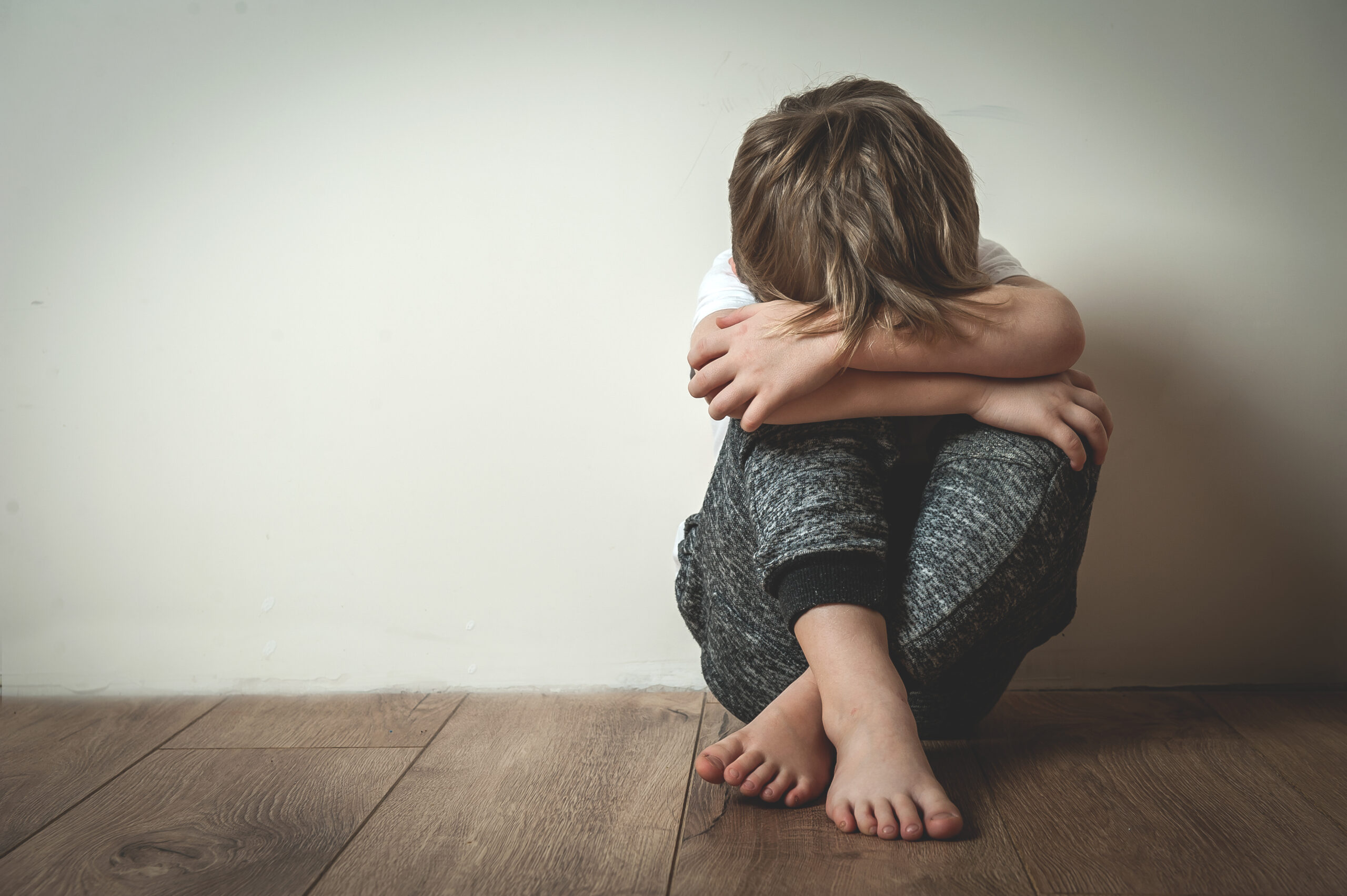
Loneliness
I fought the loneliness that surrounded me.
I refused to be drawn down by it.
I pushed against it, fought it hard.
I trusted people, let them in, tried not to be bitter when they let me down.
And then I moved onto the next one, and again, and again.
Until all that was left of me was the tiniest spark,
That knew that if I let in just one more person, only to be betrayed,
If I opened myself up one more time, only to be laid bare,
If I let myself believe in yet another person, only to be proven wrong,
Then the darkness would entirely consume me.
So I relented to the loneliness.
Gave in to it.
Let it surround me until eventually it felt safe.
Impenetrable.
I wore my loneliness like a cloak against the cruel world.
And eventually it became my home.
